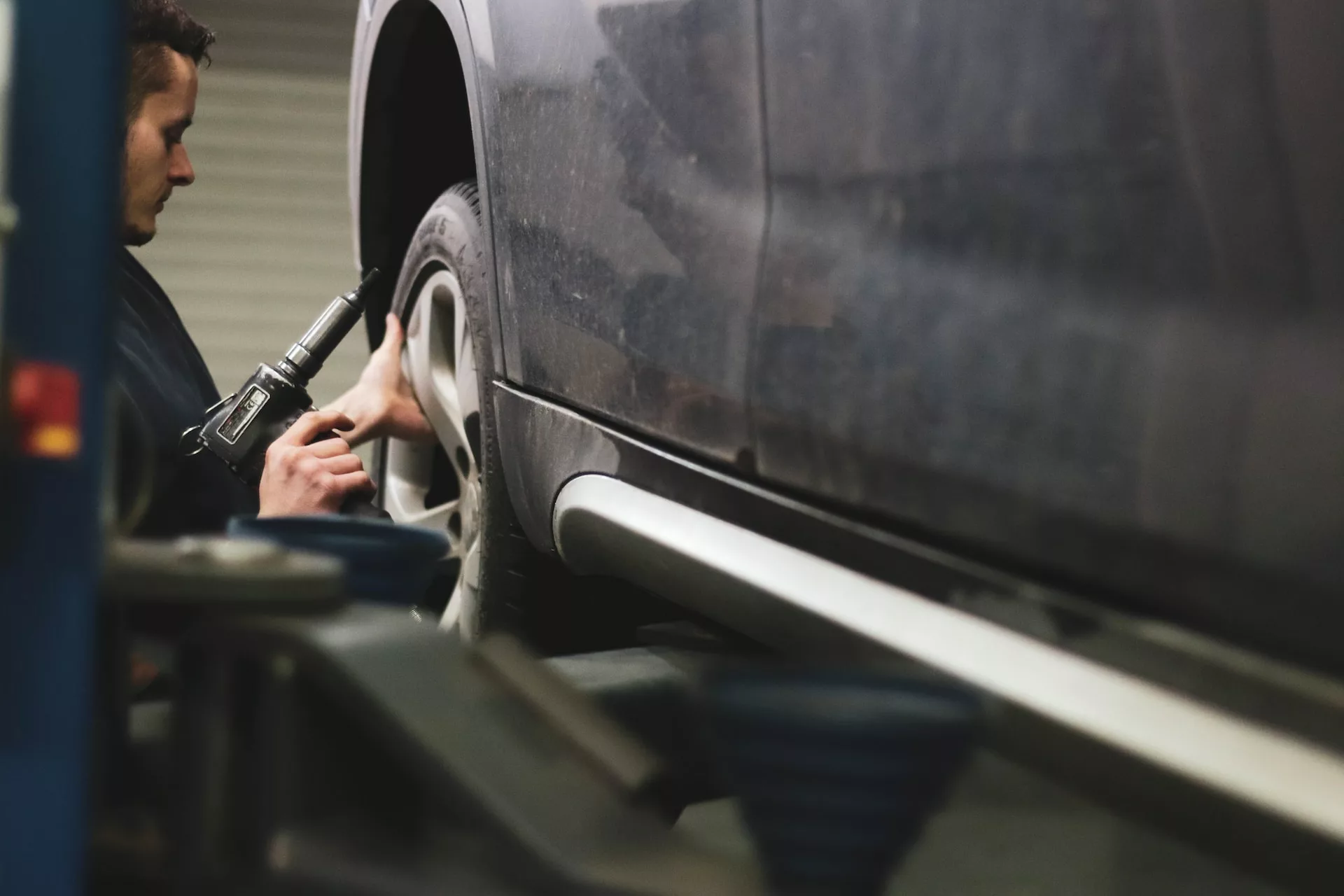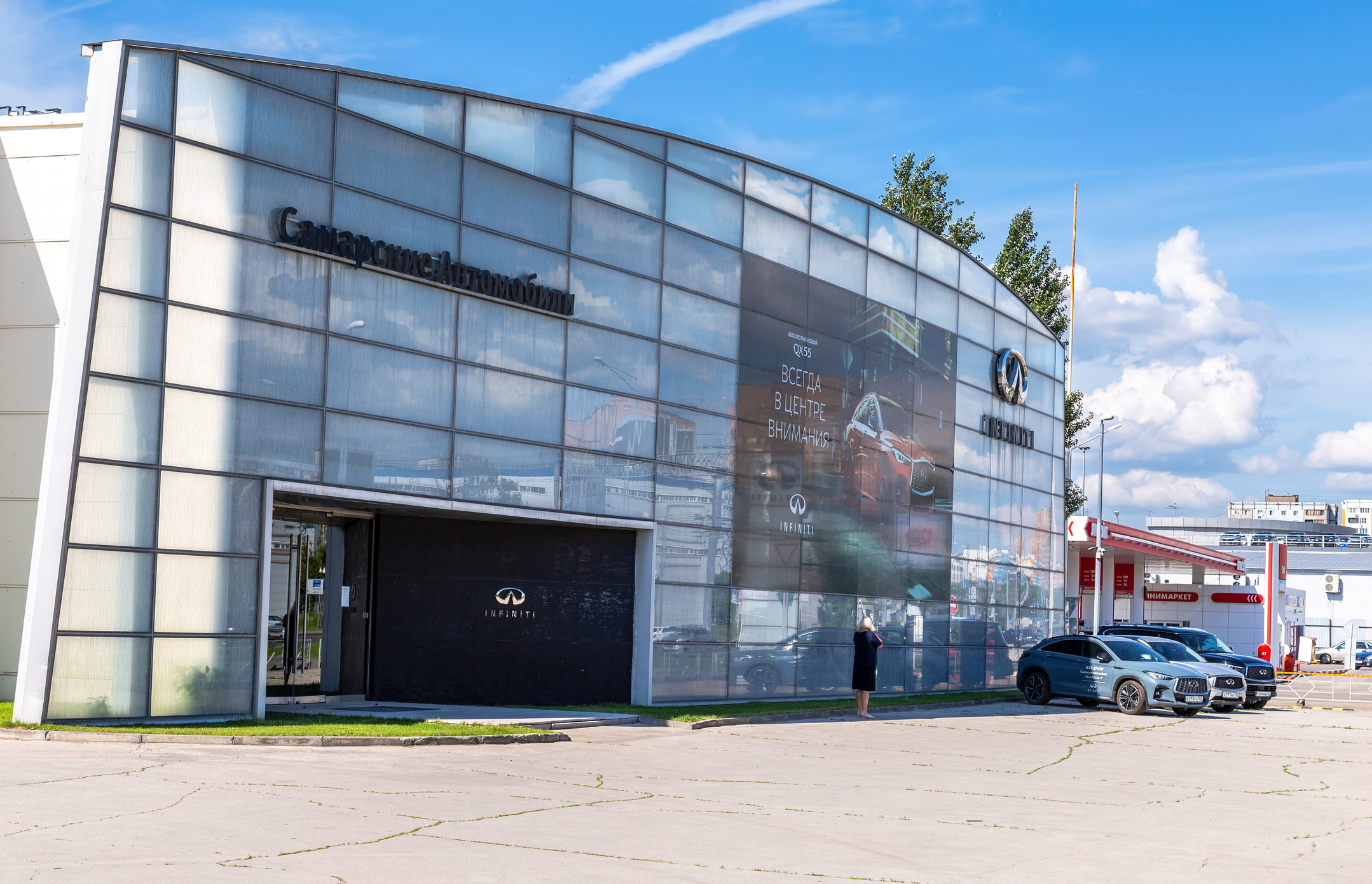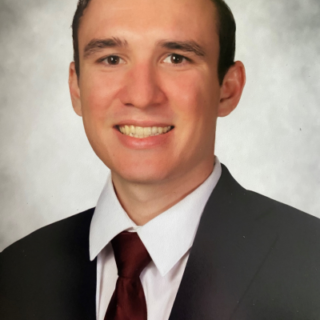Operating a garage or dealership in California comes with unique risks—from customer test drives and high-value EV inventories to employee injuries and wildfire exposure. The right garage and dealers insurance program protects your balance sheet and keeps your business compliant with state and lender requirements.
What Insurance Do Auto Dealers or Garages Need in California?
Garage insurance—sometimes called a garage liability insurance policy—is a bundled commercial package designed for auto-related businesses. It typically combines multiple coverages to protect your operations, property, employees, and customers’ vehicles under one coordinated program.
Common businesses that need garage insurance for car dealers or auto service operations include:
- Auto repair and body shops
- New and used car dealerships (indoor showrooms, open lots, and wholesalers)
- Tire and parts retailers with installation services
- Car wash, detailing, and valet operations
- Towing and roadside service providers
Landlords, lenders, and the California DMV often require proof of coverage before issuing licenses, financing, or occupancy.
What Does Garage Liability Insurance Cover?
A California garage insurance policy typically includes several key protections:
- Garage Liability Insurance: Covers bodily injury or property damage arising from your operations—such as a faulty repair leading to an accident.
- Garagekeepers (Care, Custody, or Control): Protects customers’ vehicles while in your care from fire, theft, vandalism, or on-site collision. Offered as legal liability or direct primary coverage.
- Property Insurance: Covers buildings, tools, lifts, diagnostic equipment, parts inventory, and business interruption losses.
- Dealers Open Lot (DOL): Protects owned inventory on the lot, including wind, hail, fire, theft, and collision damage.
- Commercial Auto: Covers business-owned vehicles such as tow trucks, parts-delivery vans, or demo cars.
- Workers’ Compensation: Required in California; provides medical and wage benefits for injured employees.
- Optional Endorsements: Title/odometer and truth-in-lending Errors & Omissions, Cyber, Employment Practices Liability (EPLI), Pollution Liability, Umbrella/Excess, Equipment Breakdown, and Employee Tools coverage.
Together, these policies form a complete garage insurance for used car dealers or repair operations, helping cover every aspect of risk from the shop floor to the lot.
How Much Does Garage and Dealer Insurance Cost?
Premiums for garage liability insurance for used car dealers vary widely based on location, operations, payroll, sales, inventory, and claim history. EV exposure, theft risk, and wildfire zones also influence pricing.
| Business Type | Typical Annual Premium (CA, 2025) |
| Small repair shop (≤5 employees) | $4,000 – $7,500 |
| Tire or parts shop with installations | $3,500 – $6,500 |
| Medium dealership (~50+ vehicles on lot) | $10,000 – $25,000+ |
| High-volume EV dealership | $15,000 – $40,000+ |
Urban operations in Los Angeles, Oakland, or San Francisco can expect premiums 15–30% higher due to theft and traffic density. Strong security controls—fencing, cameras, lighting, and immobilizers—can reduce costs significantly.

What Limits Do California Dealers Typically Carry?
While California’s auto financial responsibility minimums are $15,000 / $30,000 / $5,000, most garages and dealers purchase higher limits to match modern claim sizes and lender expectations:
- Garage Liability: $1 million per occurrence / $2 million aggregate
- Garagekeepers: $50,000–$250,000 per customer vehicle (higher for luxury or EV shops)
- Dealers Open Lot: Inventory limit matched to the maximum on-lot value (often $1M–$10M)
- Umbrella/Excess: $1M–$5M or more for multi-location groups
Risk Controls That Lower Premiums
Preventive measures can help businesses qualify for better terms and lower rates under auto dealer insurance California programs:
- Security: Perimeter fencing, lighting, and surveillance with 30–90-day retention; key-control systems and documented lot checks.
- EV Readiness: NFPA-aligned isolation areas for battery storage, charger maintenance logs, and staff training.
- Safety & Operations: Repair authorization forms, torque logs, driver MVR checks, and written test-drive agreements.
- Fire Prevention: Proper extinguishers, clear egress routes, and compliance with hot-work and spray-booth codes.
Is Garage Liability Required in California?
California law doesn’t mandate garage liability insurance for all businesses, but nearly every auto-related operation needs it to satisfy DMV, lender, and landlord requirements. Most shops also carry garage keepers insurance California coverage to protect customers’ vehicles—an essential safeguard for repair and body shops.
Even though state minimums for vehicle liability remain low, claim severity has risen due to litigation and EV repair costs. That’s why higher liability limits, combined with an umbrella or excess policy, have become the standard for responsible auto businesses in 2025.

Protect Your California Auto Business with the Right Coverage
Every garage, dealership, and repair shop faces distinct risks. From wildfire exposure to high-value EV inventory, today’s challenges demand a tailored insurance approach.
Inszone Insurance specializes in garage insurance for car dealers and California-based auto operations. Our experts can design a custom program that bundles liability, property, and employee protection—so your business stays compliant, covered, and competitive.
(Sources: California Department of Insurance, California DMV, NAIC Commercial Auto Insights, NFPA EV Fire Safety Guidelines, U.S. SBA Small Business Insurance Resources.)





